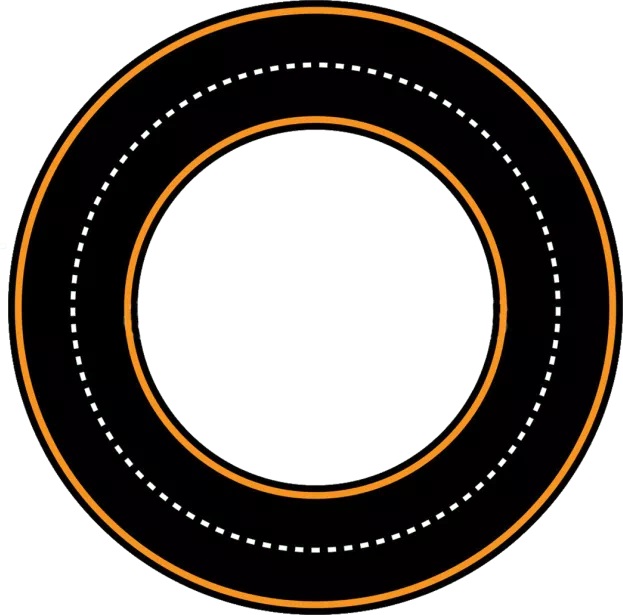
 Let’s start with a question – is your job ever finished? Is there ever a point when all the work is done?
Let’s start with a question – is your job ever finished? Is there ever a point when all the work is done?
Most of you won’t hesitate for long before saying, “no”.
“What wears me down is the number of tasks I have to do. There’s just too many and I can’t finish them. There’s something new to add to the list every single day and I hate that. I’ve just done the NZEI survey about wellness and they asked about my hours working and they’ve gone up again this year. I know this isn’t good but what can you do? If I don’t keep running things won’t work, it’s just the job I guess.”
I believe that we can look at this reality from two completely different perspectives. One leads to stress and the other to possibility.
The first perspective sees an unbroken string of “stuff” that needs to be done now, tomorrow, and every day thereafter. There’s another Board report due, there are meetings to be held, there are parents to ring, the newsletter needs to be done . . . these things just keep coming. This is our job. What alternative is there?
The second perspective actually relies on acknowledging the inherent truth of the first – the job will never be finished.
Think about this, . . . it will never be finished. Long after you wear out your first Zimmer frame, the work will still be there. It will have changed shape, but it will still need to be done.
No matter how brilliant you are, no matter how hard you work, you can’t finish.
With that truth comes possibility because if you acknowledge there is no “end-point” you can ethically consider reshaping how you do the work.
The first part of the “how” is sustainability – yours. If the work has no end-point, it can be argued that you have a responsibility to do it in a way that allows you to be well, because to be well, gives you the very best chance to be an effective leader – to have energy, balance and a clear head.
So how do you achieve this?
I suggest it’s not rocket science. In fact, you probably already know how to keep functioning at your best. Each of us has things that if missing from our lives, lead to unhappiness and a less healthy way of being. We’re all individuals and our lists will vary, but your’s exists and 10 minutes of quiet reflection and some note paper should be enough to acknowledge the key ones for you to focus on.
My “essentials” list would include:
- Making time to stop and be still (daily)
- Capping the total hours I work across a week
- Spending quality time with my family
- Using the natural ebbs and flows of the job (as a tool to recover)
- Exercising regularly (and outside)
- Eating healthy food (well, at least healthier!)
- Drinking less coffee and more water
- Playing a sport I enjoy
What does your list look like?
Music? Movies? A passion hobby? Bonding with your cat? Whatever strengthens you is what you need to prioritise, make space for, and do.
. . .
The second part revolves around professionalism. Accepting that the job will never be finished, you need to manage your pace and energy commitment so that you are the very best version of a leader that you can be. That’s a professional response.
Effective leaders, people at the top of their game, know how to pace what they do. They put their finite energy and focus into the most important parts of their work. And they don’t apologise for or feel bad about making sure they can do this – sustainably. Like Bill Gate’s “think weeks” and Tim Ferriss’ “mini retirements”.
But herein lies the sticking point for many of us, while we may want to do the things that keep us well and effective, we believe (wrongly) that there is no way to fit these healthy habits in. So we keep doing what we’ve always done, with either a dogged resignation to “it’s the job” or a faintly held hope that “it’ll get better” someday. We all know the famous saying about doing what you’ve always done and expecting . . .
If you need a push to change how you work, consider this statement – “it is unprofessional to knowingly work in a way that is either ineffective and/or unsustainable.”
I’ll rest my case here – you have a choice. Either view the workload of being an educational leader as unavoidable, put your head down and commit to working as you always have, or , accept the reality that the work is never finished and so start changing how you do it.
Today is the very best day to make a start.
Dave
You can join the conversation by:
Getting new posts directly by adding your email below
Joining our closed Facebook page by searching for “The Forty Hour Principal”
Adding your own thoughts in the comments box at the bottom of this page
Contacting us directly through the contact tab above